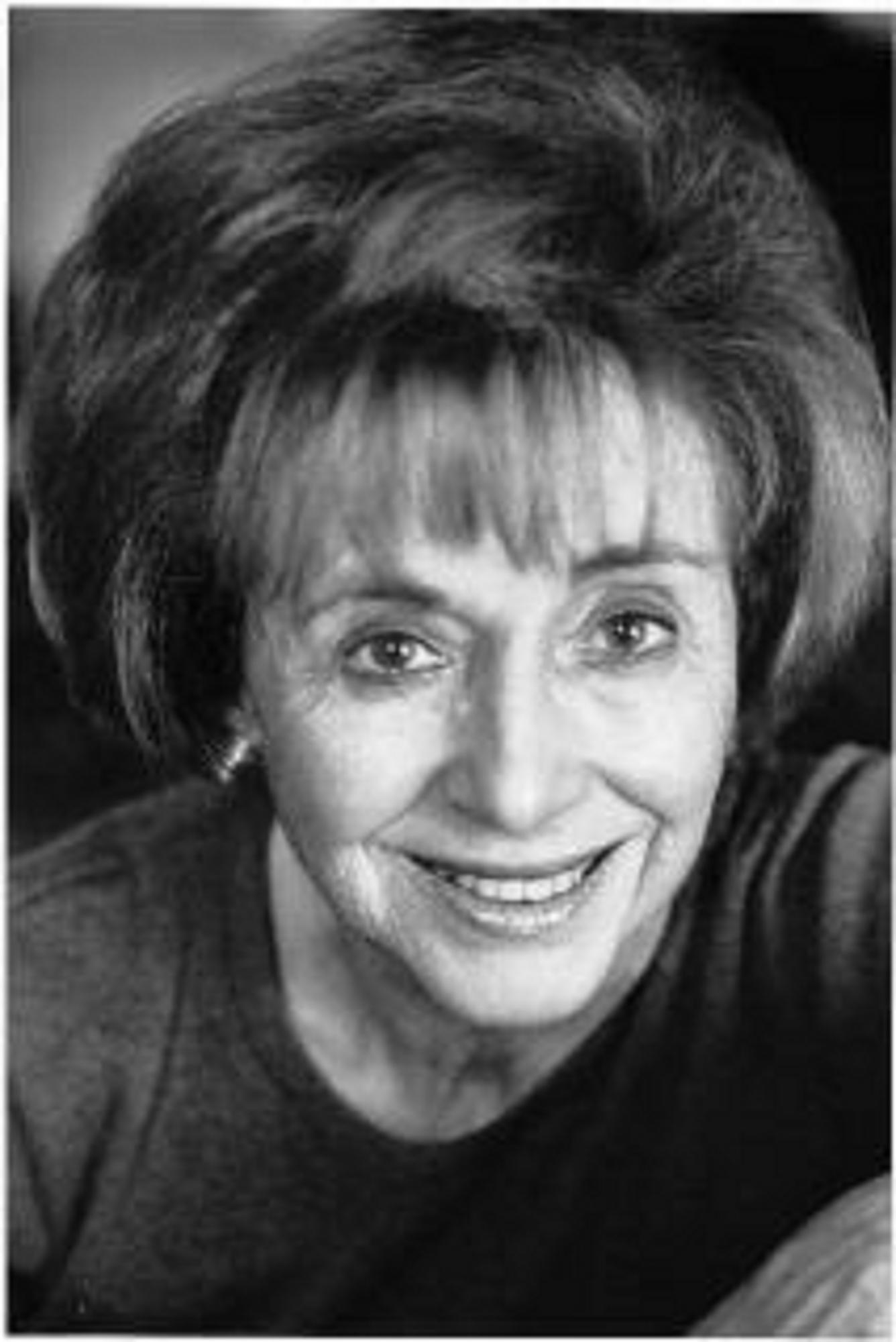The Estate of Brenda Maddox
Writer - non-fiction
Books
Born and brought up in Massachusetts and with a degree in English literature from Harvard, Brenda Maddox was a long-time resident of the UK. For many years she was Home Affairs Editor of The Economist. She was also a biographer of international repute. NORA: THE LIFE OF MRS JAMES JOYCE was translated into eight languages, was awarded the Los Angeles Times Prize for Biography, and was shortlisted for the Whitbread Biography Award. THE MARRIED MAN: A LIFE OF D.H. LAWRENCE won the Whitbread. GEORGE'S GHOSTS: A NEW LIFE OF W B YEATS was shortlisted for the Samuel Johnson Prize and ROSALIND FRANKLIN: THE DARK LADY OF DNA won the English-Speaking Union’s Marsh Biography Prize for 2002–3. Her biography of Ernest Jones, the biographer of Freud, was published in 2007 by John Murray. Her latest book READING THE ROCKS, was published by Bloomsbury in 2017 and became a Sunday Times Book of the Year.
Brenda was married to Sir John Maddox, Editor Emeritus of Nature, who died in 2010, and has two children and two step-children. She passed away in 2019.
Non-Fiction
| Publication Details | Notes |
|---|---|
READING THE ROCKS: HOW VICTORIAN GEOLOGISTS DISCOVERED THE SECRET OF LIFE 2017 Bloomsbury | A rich and exuberant group biography of the first geologists, the people who were first to excavate from the layers of the world its buried history. The individual stories of these first geologists, their hope and fears, triumphs and disappointments, the theological, philosophical and scientific debates their findings provoked, and the way that as a group, they were to change irrevocably and dramatically our understanding of the world is told by Brenda Maddox with a storyteller's skill and a fellow scientist's understanding. The effect is absorbing, revelatory and strikingly original. |
READING THE ROCKS 2012 UK: Bodley Head | Why are kangaroos found only in Australia? What created the Niagara Falls? Why did horses have to be introduced to the Americas? How were volcanoes created? Why are the rock formations of the Alps so twisted? Did the Biblical Flood really happen? These were the kinds of far-reaching questions that a 19th century club of gentlemen scientists set themselves the task of answering – and their ground-breaking discoveries shaped the way we understand the world today. Based in a gaslit debating chamber by the River Thames, members of the Geological Society would roam the world to gather fossils, bones and rocks as evidence for their theories. With technological advances opening up the possibilities of science to the masses, geology quickly became the most popular and dynamic of the new sciences, and the Society’s findings were delivered to an eager public. But the Geological Society found itself at the centre of an intense debate that rocked society to its core. If a geologist could prove that the world was formed billions of years before human life emerged, then a man could deny the hand of God in creating the world. For some members of the Society, these geological revelations would enable them to develop yet more radical theories – Charles Darwin based his theory of evolution on the geological work done by his mentor Charles Lyell. But for others, including Lyell, the full implications of their work were a profoundly frightening prospect. Although he gave Darwin his public support and recognised his own role as the ‘missing link’ in the younger man’s research, Lyell was nonetheless a reluctant evolutionist who would struggle for the rest of his life to reconcile himself to the damage done to his religious beliefs. READING THE ROCKS tells the compelling story of Lyell, Darwin, and the other key geologists of the era: men who first learned how to read the layers of rock and mud to tell a new history of the world, and who in doing so precipitated a severe crisis of faith and had as wide an impact as the ideas of Copernicus and Freud. |
FREUD'S WIZARD: THE ENIGMA OF ERNEST JONES 2007 UK: John Murray | Ernest Jones was one of the shapers of the twentieth century. He established psychoanalysis in Britain and wrote gripping popular works such as HAMLET AND THE OEDIPUS COMPLEX and ON THE NIGHTMARE, which made Freudian theory available to the likes of Sir Lawrence Olivier and Sylvia Plath. He presided over the translation of Freud’s work into English and, in 1938, daringly flew to Vienna to rescue Freud from the Nazi threat. In the 1950s he capped his life’s achievement by writing the three-volume biography of Freud that became an international bestseller and defined psychoanalysis for future generations. Award-winning biographer Brenda Maddox uncovers the gripping drama of the life of this intrepid man. She investigates his early troubles with the law, his conversion to psychoanalysis, his long friendship with Freud – expressed in 671 letters – and even his peculiar passion for figure skating. FREUD'S WIZARD is a riveting resurrection of a crucial, but heretofore overlooked, architect of our modern intellectual landscape. |
ROSALIND FRANKLIN 2003 UK: HarperCollins; US: HarperCollins; Chinese (complex): Commonwealth Publishing; French: Editions des Femmes; German: Campus; H | In 1953 one the greatest discoveries of the century was made - DNA. Nine years later three men, Crick, Watson and Wilkins, won the Nobel Prize for this revolutionary breakthrough. Yet while their names have since passed into scientific history, the woman who worked alongside them - Rosalind Franklin - is largely unknown. In this groundbreaking biography Brenda Maddox explores why the ‘dark lady’ of DNA has been left to languish in the background for so long and how her gender may have hindered her role in this extraordinary discovery. |

